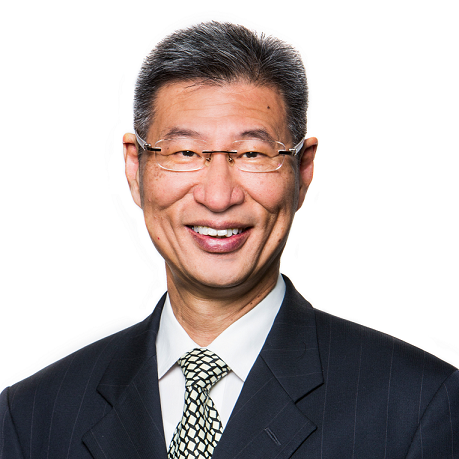
Analysis of the Australian property market from a financial perspective
09/09/2020
David Chu, Head of International Business, discusses the pressures on and changes to the property market as a result of the pandemic.
David Chu, Head of International Business, recently joined Thomas Sung on the SBS Radio Cantonese Program to discuss the Australian property market from a financial perspective. Listen to the podcast episode in Cantonese or read the transcript of his interview in English below.
English transcript:
Thomas (host): The RBA and the Commonwealth Bank have each issued research reports, showing that the property market is under tremendous pressure due to the pandemic and may face a drop of up to 40% in the future. Is this the case? First, we will have Mr. David Chu, Head of International Business of ShineWing Australia, share with us his analysis of the Australian property market from a financial perspective. In addition, we will have Peter, who works in the real estate industry, share with you his view on the property market from his personal experience. Let us first hear the thoughts of David.
David: In relation to office buildings, for example, due to the restrictions, many office staff have been working from home. It has been close to half a year since the local onset of COVID-19 in March. Through ongoing practice, many companies seem to have realised that they do not necessarily have to return to the office environment. Therefore, some of them have changed their future requirements for office buildings, or will instead reduce their footprint by working from home. Some even divided their staff into Team A and Team B to take alternating shifts. From this perspective, the demand for office buildings may decrease. There has been some media reporting lately. Two days ago, it was reported in the Australian Financial Review that a property group was buying Grade C and D office buildings and converting them into residential buildings. On the other hand, some investors feel that as soon as the pandemic is over, people’s passion for travelling will resume. These groups anticipate an ongoing demand for hotels. Therefore, in the long run, if the price is reasonable, they will buy Grade C and Grade D office buildings and convert them into hotels.
Thomas: What about residential properties?
David:Yes, due to the pandemic, many residents in apartments cannot go out due to the stay-at-home restrictions. Even if there are gyms, swimming pools and even other facilities in the building, they are also closed. This will undoubtedly affect newlyweds or the elderly, but more so families with small children. If the children can’t go anywhere, they may feel bored and become impatient. At the same time, for some households, the whole family is packed in an apartment. When the parents have meetings or work via Zoom, they also have to help their children with online classes and home schooling, thus affecting each other. Therefore, some families have begun to consider whether to move to a house or a townhouse that provides more space and at least a backyard for their children to move around. If a swimming pool can be afforded, there will be no need to go to a public swimming pool. This at least gives the children a place for activities. Therefore, in this regard, the pandemic has prompted many parents to think about the liveability of apartments. This may change the real estate market.
Thomas: So there is a new trend in the business community along with the property market, right?
David: Some experts mentioned that commercial buildings may be affected, and residential buildings may be changed too. Some experts have noticed that logistics has become very important during the pandemic. Many people shop online. This may increase the demand for warehousing, cargo storage, logistics and transportation services. That is why some experts have said that there may be an increase in demand for industrial buildings and warehouses. At the same time, there is a new trend in the Australian housing market, known as the build-to-rent scheme. Once a residential building is completed, it is not sold but rented. This has become a new trend in the property fund industry. Many funds would invest in apartment buildings, and then lease them out once they are completed, to generate fixed income. This is an emerging trend in the real estate market.
Thomas: Does this deployment show that the financial sector has better expectations for the future recovery of the property market?
David: Opinions vary from one to another. A few factors underpin the Australian real estate market. First, housing demand depends on the intake of immigrants. The population of immigrants has grown in the past ten years. This has largely contributed to the property price rise in big cities such as Sydney and Melbourne. Second, international students. The more the international students, the greater the demand for housing. However, both factors have changed because of the pandemic. There are fewer international students, and the Federal Government has tightened migration policies. It remains unknown what these changes will bring about in respect to housing demands and prices.
Get in touch
David is attuned to the Asian listed company market, international taxation issues, corporate regulations and various stock exchange requirements and is highly regarded in the market place. Reach out below to discuss how we can support your business during this challenging time.
| David Chu |
This podcast was originally published on SBS Cantonese Radio on 6 September 2020, and translated and transcribed by the ShineWing Australia team. For the full episode including Peter Tao’s interview, please see audio player above. Disclaimer: The material contained in this page is in the nature of general comment and information only and is not advice. The material should not be relied upon. ShineWing Australia, and related entity, or any of its offices, employees or representatives, will not be liable for any loss or damage arising out of or in connection with the material contained in the publication.

